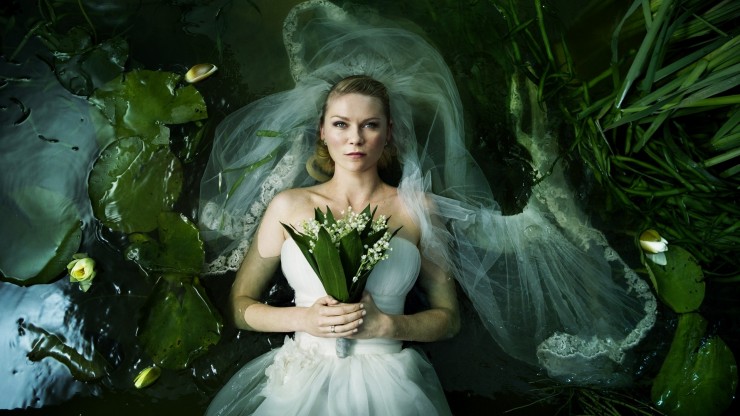
Cinema is an art with endless possibilities. It moves you to tears, it makes you laugh, it even stops you from sleeping for a whole week. Some movies, more than others, hook us from the very start.
“What we call the beginning is often the end. And to make an end is to make a beginning. The end is where we start from,” said T. S. Eliot. His point can be used for cinema as well. There are a lot of movies that end as poetically as they begin. Here are 10 of them:
10. An Autumn Afternoon
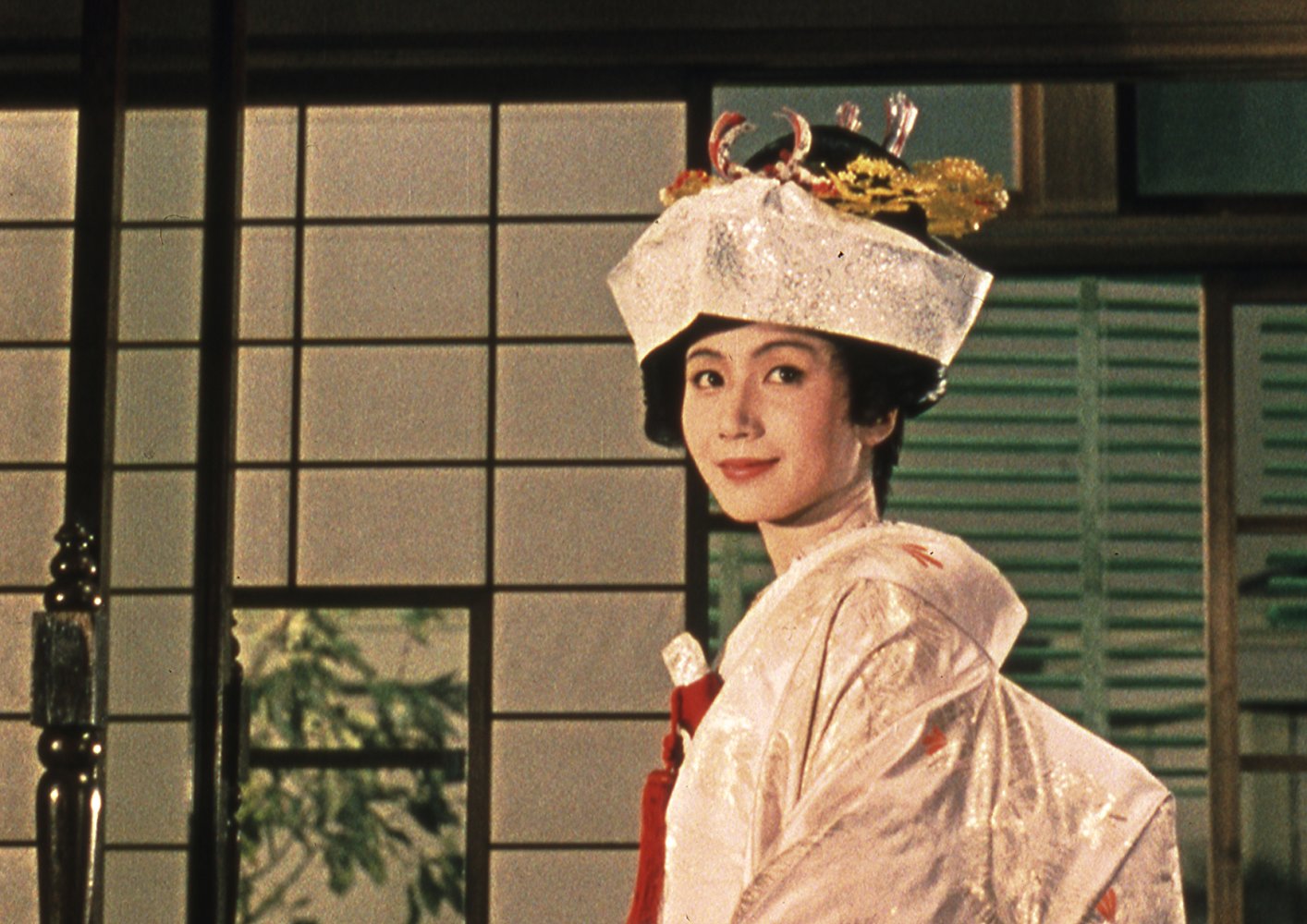
Yasujiro Ozu’s unbelievably tender and heartbreaking final film, “An Autumn Afternoon” from 1962, is filmed in soft color. Chishû Ryû plays Hirayama, a widower with a son and daughter who still live at home. He depends on his daughter and doesn’t want her to have her own life. He is also aware of the mistakes that he and his children make.
The more you learn about Ozu, the more you realize how deep the waters reach beneath his placid surfaces. He is one of the greatest directors to ever make a film. This was the last one. He never married. He lived for 60 years with his mother. He died a few months after she did. In almost all of his films, he turned to the same central themes: loneliness, family, dependence, and marriage.
The movie begins with Hirayama working alone, and it closes with one of the director’s best composed pillow shots: framing Hirayama in the light of his own loneliness, facing life alone after marrying off his only daughter. What an ending.
9. 2001: A Space Odyssey
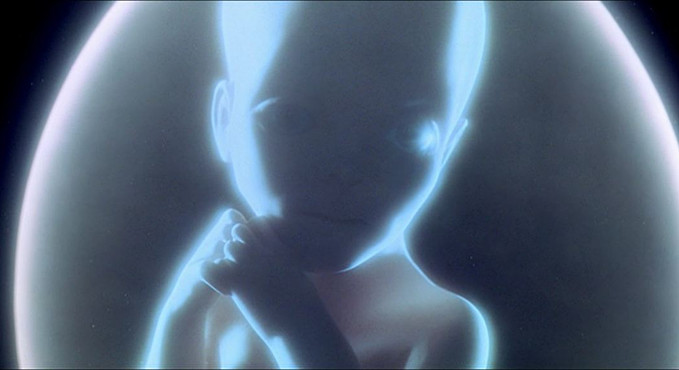
The universe, the Dawn of Man… all very dramatic with beautiful music by Strauss. But wait until you see that ending that nobody could comprehend. The film’s final shot, in which our astronaut is reborn as a giant alien baby, is a sight to see, as repugnant as it is inviting. It makes us question if this new kind of human will lead the old one to enlightenment, or if it will eradicate its predecessor.
The first screening was a disaster, but those who remained until the end knew they had seen one of the greatest films ever made. But not everyone remained. There were many walkouts. The film did not provide the clear narrative that the audience expected. People in Hollywood thought Stanley Kubrick had become derailed in his obsession with effects. What he had actually done was make a philosophical statement about man’s place in the universe.
8. Caché
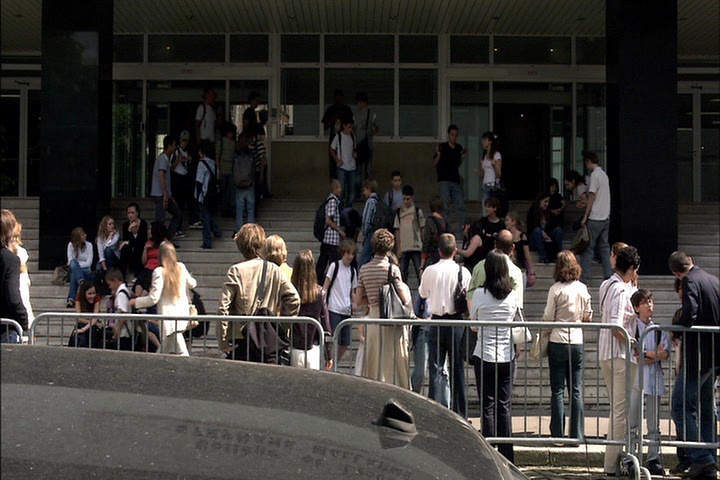
Michael Haneke is known for his talent for starting and ending a movie. In “Caché” he goes almost full circle. At the end of the film, the object of the camera’s gaze remains, as the film’s title suggests, hidden. In these paired chaotic compositions, which respectively open and close Haneke’s film, the viewer’s gaze is left adrift. The feeling of being unmoored, of being abandoned by the camera, pervades the film on both formal and thematic levels.
The suggestion of a buried clue does little to suggest the location of the truth: the identity of the kidnapper, the legacy of racism in France, the object of the voyeuristic gaze implied by the videotape.
7. Black Swan
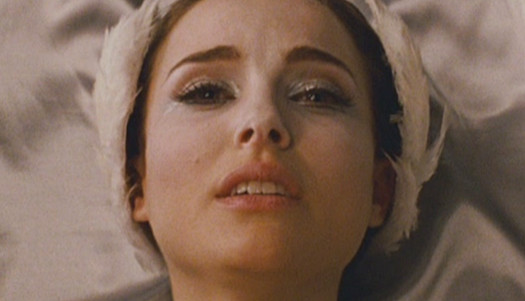
Darren Aronofsky’s “Black Swan” is a melodrama, told with intensity. It centers on a performance by Natalie Portman that is phenomenal. It mirrors the conflict of good and evil in Tchaikovsky’s ballet “Swan Lake.” It is one thing to lose yourself in your art. Portman’s Nina loses her mind.
The film opens with a dream, and it becomes clear that Nina’s dream life is contiguous with her waking one. Aronofsky and Portman follow this fearlessly where it takes them. It takes them to a place where the lines between reality and fantasy are blurred. It makes you contemplate what just happened on screen.
6. Melancholia
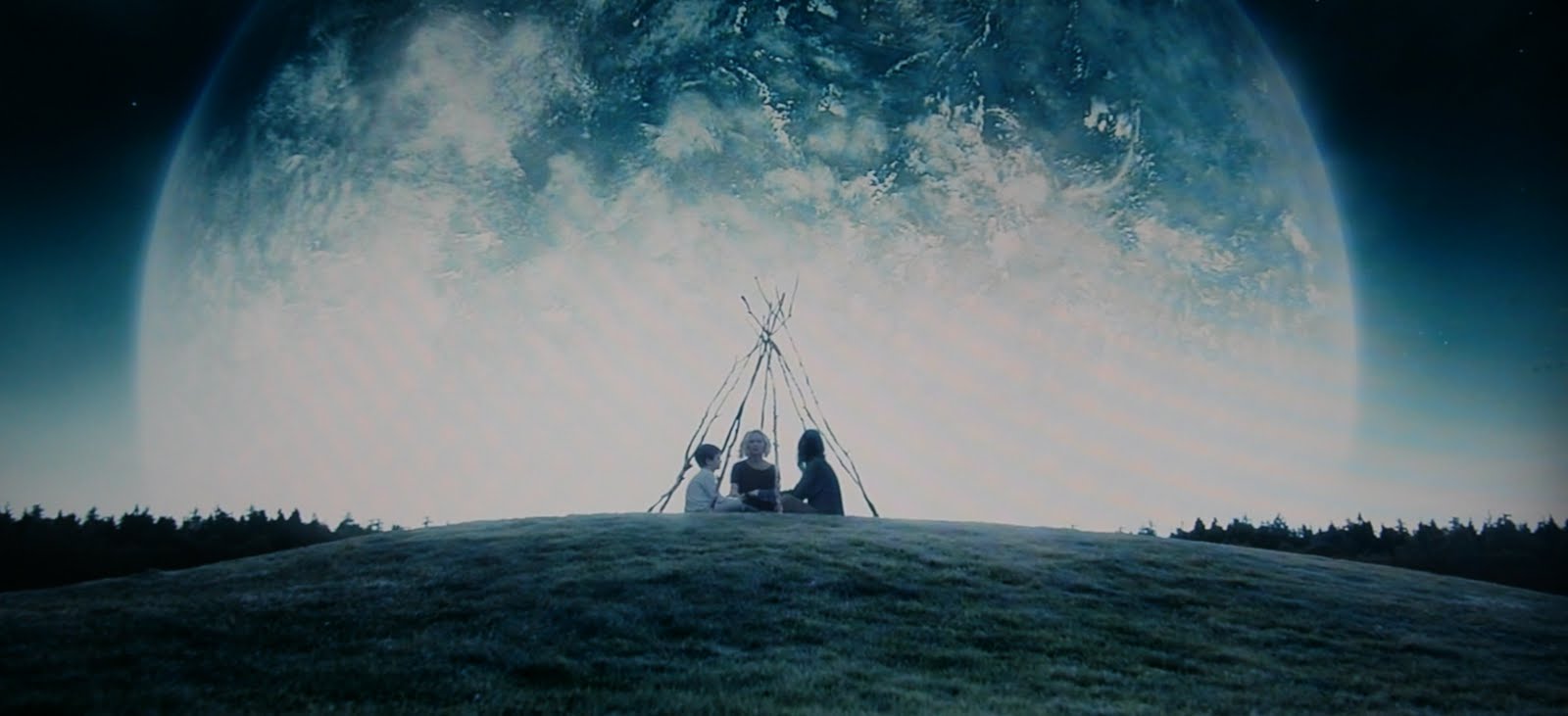
Lars von Trier’s film opens with music from Wagner’s “Tristan und Isolde” and disturbing images of a world gone wrong. Violent death is often a risky business in the movies. But here is a character who says, I will face it, I will not run away.
In the second half of the movie, Justine’s fatalism proves a more viable response to the prospect of global annihilation than Claire’s anxious practicality. The catastrophe, which has been foretold in a dreamlike overture, is not something the guests seem to be aware of. Rather, the imminence of a big bang is a piece of information the audience possesses in advance of the characters on screen.